When “Metro 2033” first hit the gaming world fifteen years ago, it wasn’t just another first-person shooter; it was a bold revelation that collided the realms of survival horror with critical social commentary. Developed by the adept minds at 4A Games, the title laid a foundation that would challenge players not only to navigate a chilling, post-apocalyptic Moscow but also to question the essence of humanity, morality, and survival. Today, as we revisit this iconic title, it’s impossible to ignore how the context in which it was created has for ever shifted, especially now, given the ongoing conflict in Ukraine.
With every pixel of the haunting underground tunnels, “Metro 2033” painted an eerie picture of the human condition, one that resonates now more than ever. As I reflect on the game, I recognize not just its aesthetic achievements—though they are compelling—but also its incisive exploration of what it means to exist in a fractured world. It is a visceral reminder of how art has the power to illuminate the darkest corners of society.
Chaos Becomes Context
The current realities confront us with a haunting parallel; creators at 4A Games themselves have expressed their commitment to continue developing “Metro 4” amidst the unsettling backdrop of bombardments and air raid sirens. In a recent blog post, they revealed an unwavering determination to uphold their craft as a form of solace. I find the resilience of these creators both inspiring and tragic—noble dedication to a powerful art form that, ironically, mirrors the struggles they face.
Art, in this case, is not merely entertainment; it becomes a survival tactic. It reflects the aspirations and fears that pervade a fragile existence. Such context lends a weight to the upcoming title, transforming it into not just a game, but a beacon of expression amid adversity. As players, we aren’t just spectators; we become part of a narrative that is deeply intertwined with real life—a notion that blurs the lines between entertainment and activism.
The Enduring Legacy of Dmitry Glukhovsky
One can’t discuss the Metro franchise without acknowledging Dmitry Glukhovsky, whose original novella spawned this iconic series. His fearless opinions on war and freedom of expression shine through in the narratives, making it essential artwork that captures the zeitgeist of our times. Now, as he faces persecution for his views on the ongoing Russian invasion, his legacy is magnified, serving as a clarion call for the artistic community to resist oppression through their works.
Glukhovsky’s collaboration with 4A Games ensures that the political overtones remain unfiltered while urging players to grapple with the moral quandaries presented throughout the gameplay. The Metro series may have started as a survival horror game, but its evolution into a profound philosophical inquiry about power and tyranny distinguishes it in an ever-growing landscape of video games that often favor unchallenging narratives.
Courage in Storytelling
4A Games’ steadfast commitment to their artistic integrity stands as a testament to the necessity of storytelling in times of upheaval. As they forge ahead with “Metro 4,” they do so not with a sense of resignation but of responsibility—a realization that their creations provoke dialogues about humanity, morality, and the very notions of freedom. The upcoming installment holds the potential to use its platform to offer not just entertainment, but a thought-provoking lens through which we might examine our realities.
This game isn’t merely built for escapism; it compels players to confront both their understanding of the world and the moral fabric that binds us. Indeed, in our disconnect from the struggles faced by many, video games like Metro become vital instruments for empathy and awareness—a call for action without words.
The Role of the Player
As fans eagerly await the next chapter of the Metro saga, we find ourselves in a position not just as players but as participants in a collective journey. The developers’ experiences of turmoil become woven into the fabric of the narrative, allowing us to explore the depths of fear while simultaneously elevating our understanding of chaos. It raises the stakes, making “Metro 4” not just another title on our gaming shelves but a reflection of persistent human spirit amid adversity.
In essence, in these dark tunnels and collapsing societies that 4A Games skillfully builds, we resonate with the struggle, hope, and ultimately, the unwavering fight for survival. “Metro 2033” was never simply a game. It was a clarion call for fortitude, a reminder that even in the bleakest circumstances, the spirit of storytelling—alive and bleeding—transforms tragedy into art.
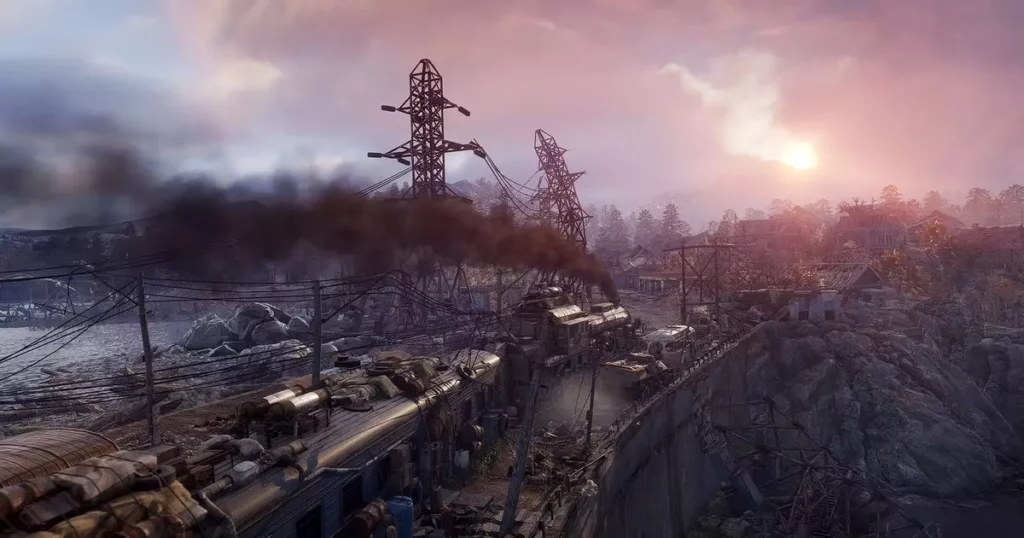


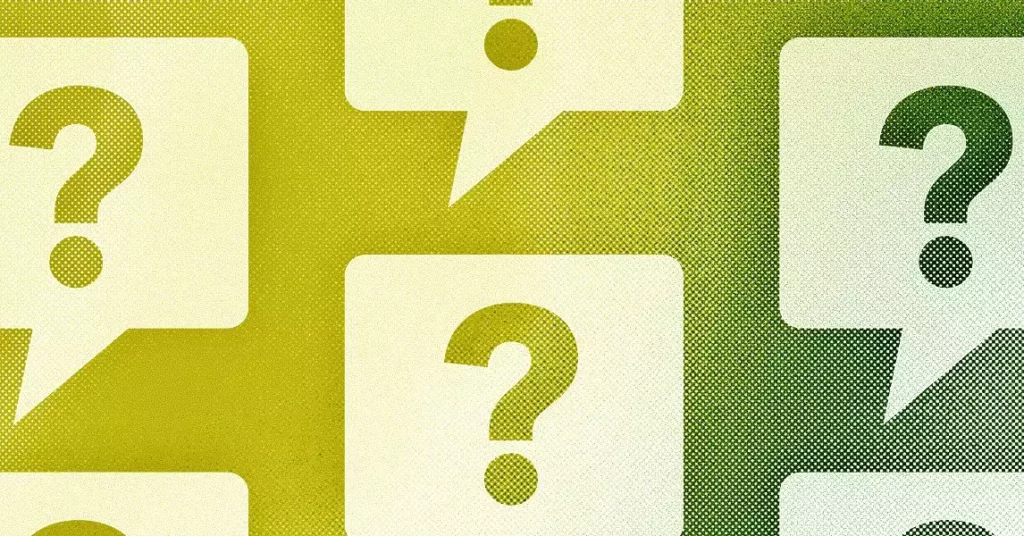
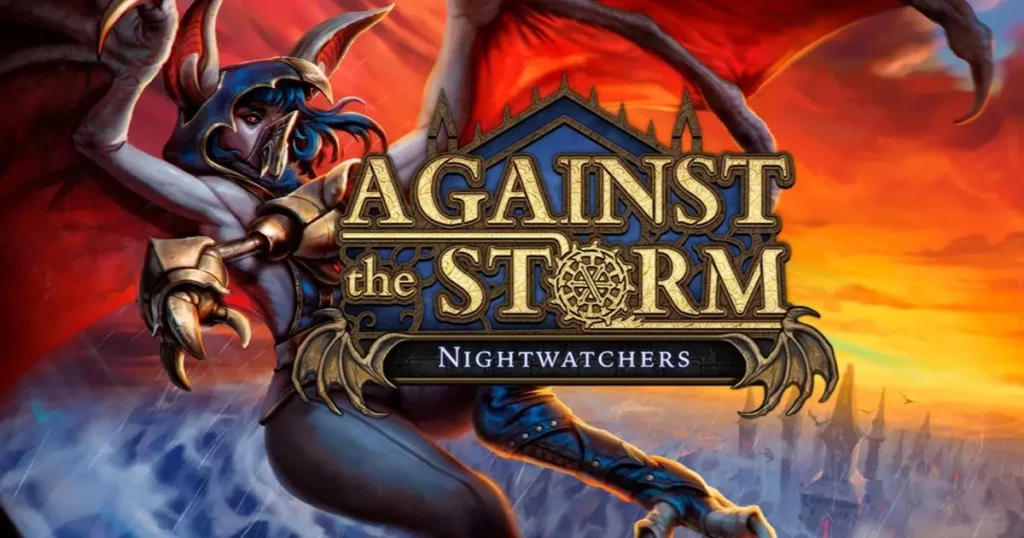
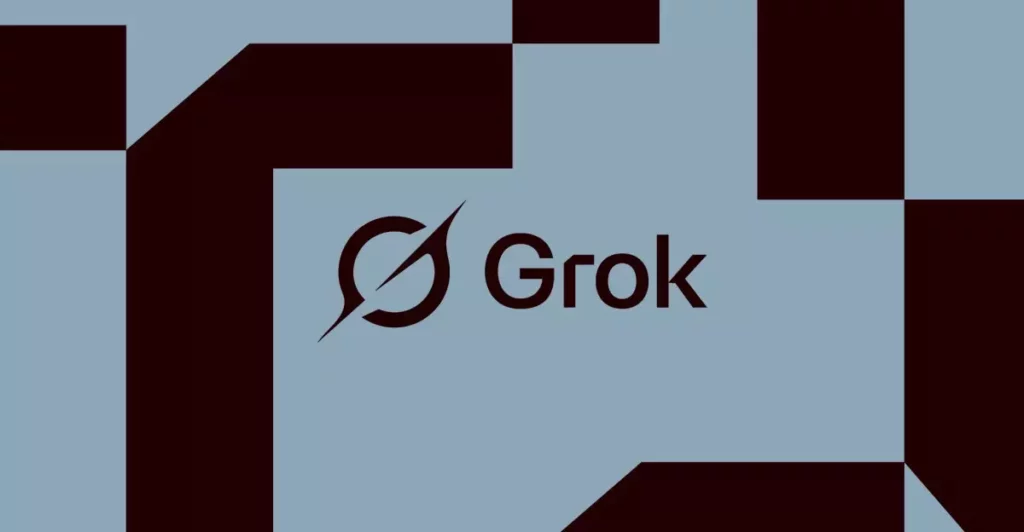
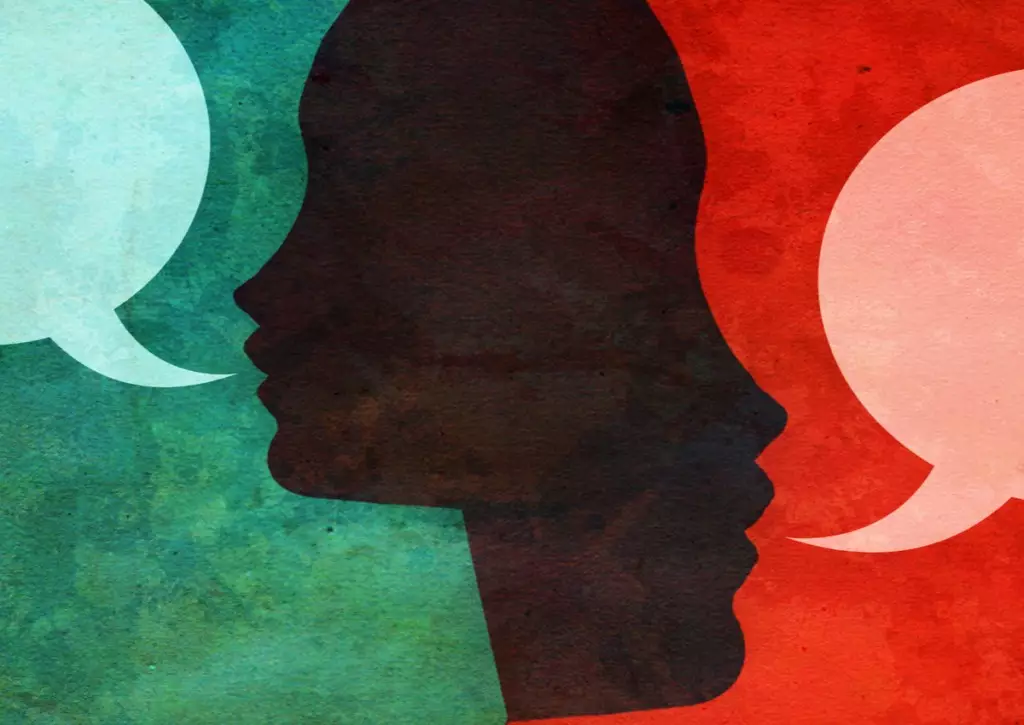
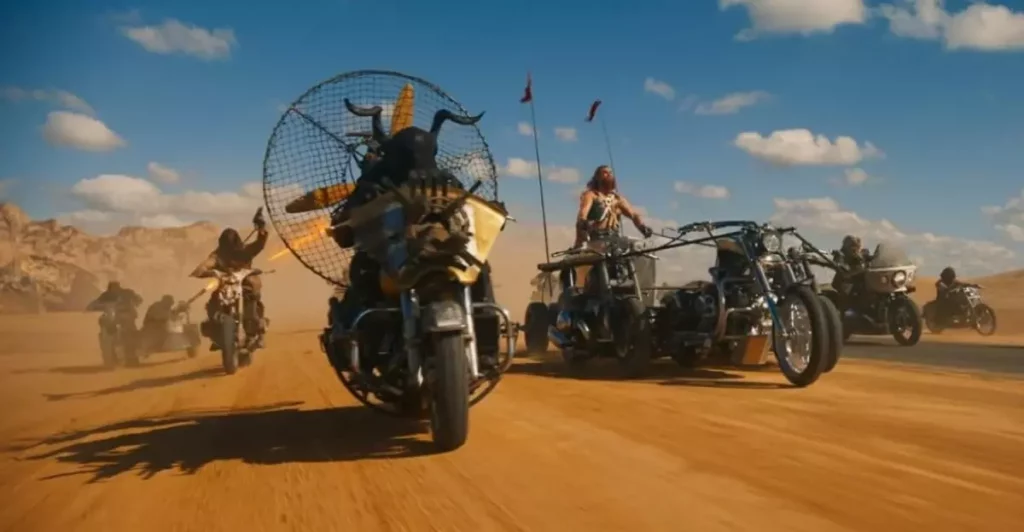

Leave a Reply